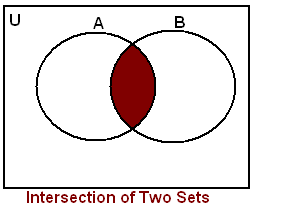C Code
#include<stdio.h>
long int Binomial(long int, long int);
int main()
{
long int n,k;
printf("\n Enter the value of n and k, n is greater than k:");
scanf("%ld %ld",&n,&k);
while( k < 0 || n < 1 || k > n) {
printf("\n Wrong input, enter again:");
scanf("%ld %ld",&n,&k);
}
printf("\n Value of %ldC%ld: %ld \n", n,k,Binomial(n,k));
return 0;
}
long int Binomial(long int n, long int k)
{
return (k <= 1 ? (k == 0 ? 1 : n) : (n*Binomial(n-1,k-1))/k);
}
Python Code
#File: binomial.py
#A simple program to calculate nCk using recursion
def main():
print "Binomial Coefficient"
n = input("Enter the value of n:")
k = input("Enter the value of k:")
x,y= n,k
def binomial(n,k):
if k < 2:
if k == 1:
return n
else:
return 1
else:
return (n*binomial(n-1,k-1))/k
print "Value of nCk is",binomial(x,y)
main()
OUTPUT:
administrator@ubuntu:~/python$ python
Python 2.7.4 (default, Sep 26 2013, 03:20:26)
[GCC 4.7.3] on linux2
Type "help", "copyright", "credits" or "license" for more information.
>>> import binomial
Binomial Coefficient
Enter the value of n:1200
Enter the value of k:600
Value of nCk is 396509646226102014036716014862605729531608195706791651137874888645453416610941265150218719101931467943643355545203450497992759241509133380338379948816055787676920090991204851973167965845932778899299658455186568000803781988756668261491937388063732393433822461878746138860879613812823280622769290795808335597761702284943981759657834318699226167559487050708295600
>>>
/* To calculate the Binomial Coeffcient using recursion */
/* We have use the formula nCk = (n/k)*{(n-1)C(k-1)} */



